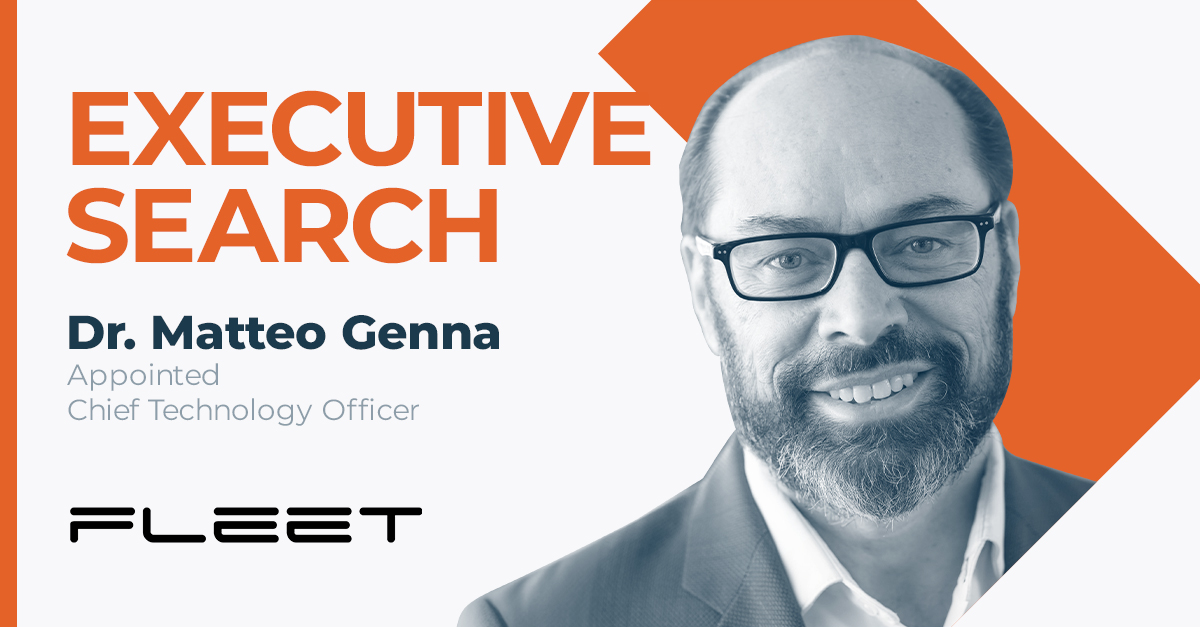Insight Vector: Energy's Lessons for IoT (Part 1)
Ken Forster

With the addition of Paige Carratturo and the former Enertech team, Momenta’s Quantal Search practice dramatically expands our talent footprint. In Part 1 of a discussion with Insights Partner Ed Maguire, Paige expands on energy industry’s transformation over the past decade, the lessons and applicability across different industries. She highlights the interesting dichotomy behind the ascendance of clean power as the interests of idealists and pragmatists converge to promote the need for reliable, distributed, cleaner and cheaper power generation. She also clarifies why investing in energy projects differs from traditional growth-oriented VCs, and what types of funds are active in the space.
|
|
Paige Carratturo
|
What stands out to you about your experience with transformation of the energy industry?
Energy is so central to other markets and to the ability of other markets to transform because energy needs to be delivered to so many different environments, industries and usage scenarios.
I founded Enertech as a business. While I am fundamentally a capitalist and economically driven to work with companies that are growing, in my work I have also been surrounded by people driven by a completely different mission - climate change, something I hadn’t put into the original calculus around Enertech, and yet found myself in this unique ecosystem of people I would categorize as utopians and pragmatists.
What are some unique dynamics about clean energy?
There’s an interesting dichotomy between the mission-driven people who are concerned with global warming, and those people that want to “keep the engines running” – avoiding disruptions to the grid. You have people that come from an operational risk management perspective, focused on stability, resiliency and security and those that are committed to 100% clean energy in the next several decades driven by climate change threats. You need to get the people focused on climate change to focus on operations and operations people to be more focused on doing the right thing for the planet.
All of the new generation sources coming online – wind, solar and hydro as well as energy storage - are creating a huge infrastructure challenge that needs to be addressed, and if those groups don’t work in concert, it will be much more challenging. Although their motivations are potentially completely different, if utopians and pragmatists work together and put the political boxing gloves down, we can accelerate even faster and further.
How does digital transformation of industry differ from an investment perspective?
Transforming highly regulated government-controlled industries is hard and requires patience. The first 5 years of energy transformation was tough, but the second 5 years moved 10 times as fast. The challenge with cleantech investing is that a lot of people early on did not consider the time horizon required and regulatory/political will need to drive the industry evolution.
Investors looking at energy technologies need to be really committed. The big established VC model in Silicon Valley isn’t necessarily designed for this sort of long horizon investment; it requires a different paradigm. Venture capital, in general, is too impatient; they are not looking to build standards and open APIs, they traditionally prefer closed, proprietary systems that allow for more potential value creation. It’s a fundamentally different investment thesis – some are finally getting it, but a lot of venture groups got out of energy specifically and cleantech generally.
Energy Impact Partners is a good example of an industry consortium that has come together to invest in new technologies. Corporate venture has been much more aggressive in energy transformation because of its relationship to overall industrial transformation. However, the real key to long-term infrastructure and industrial transformation (that will have the biggest overall positive effect on climate change) will be Impact Investors, like The Emerson Collective and large family offices like True North Ventures that are committed to generational change, and in some cases building companies and infrastructure to hold for the long-term, not a 2 to 3 year exit.
We will continue the discussion in Part 2 next week, stay tuned!

Momenta Partners encompasses leading Strategic Advisory, Executive Search, and Investment practices. We’re the guiding hand behind leading industrials’ IoT strategies, over 100 IoT leadership placements, and 17+ young IoT disruptors. Schedule a free consultation to learn more about our Connected Industry practice.




